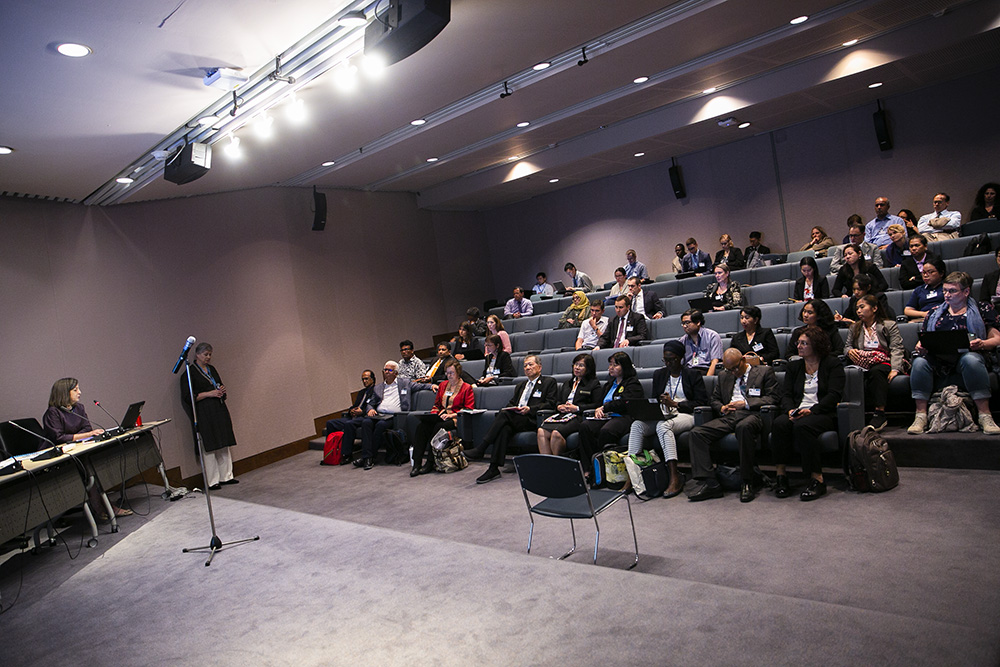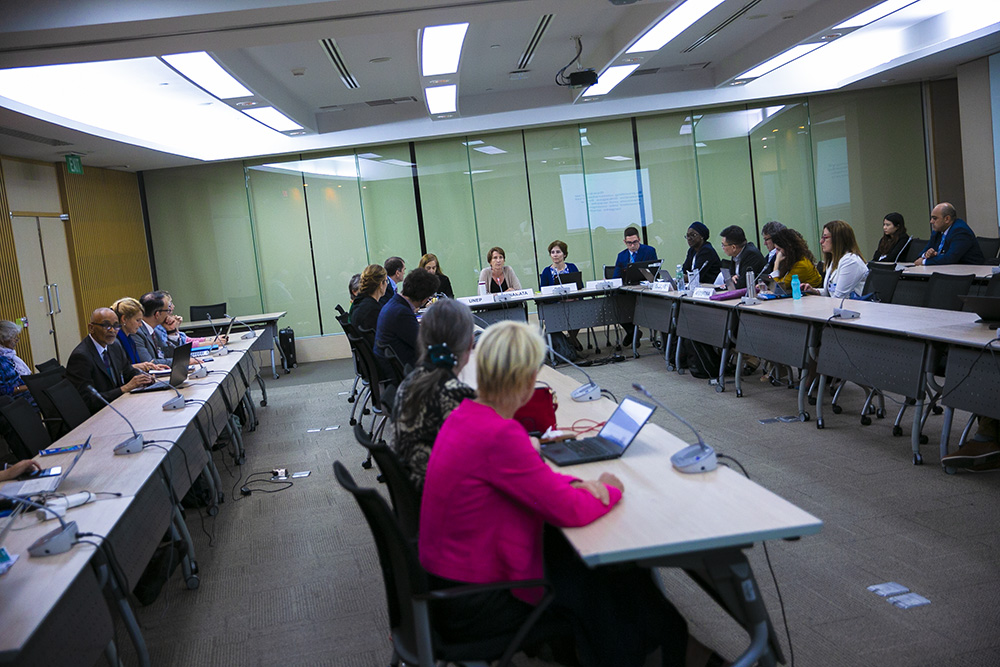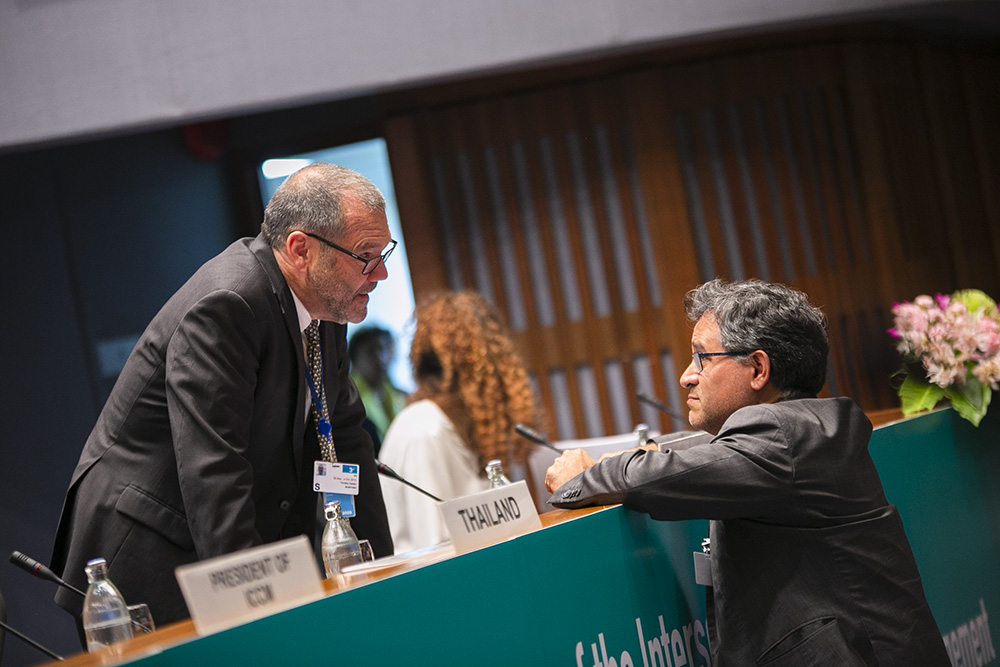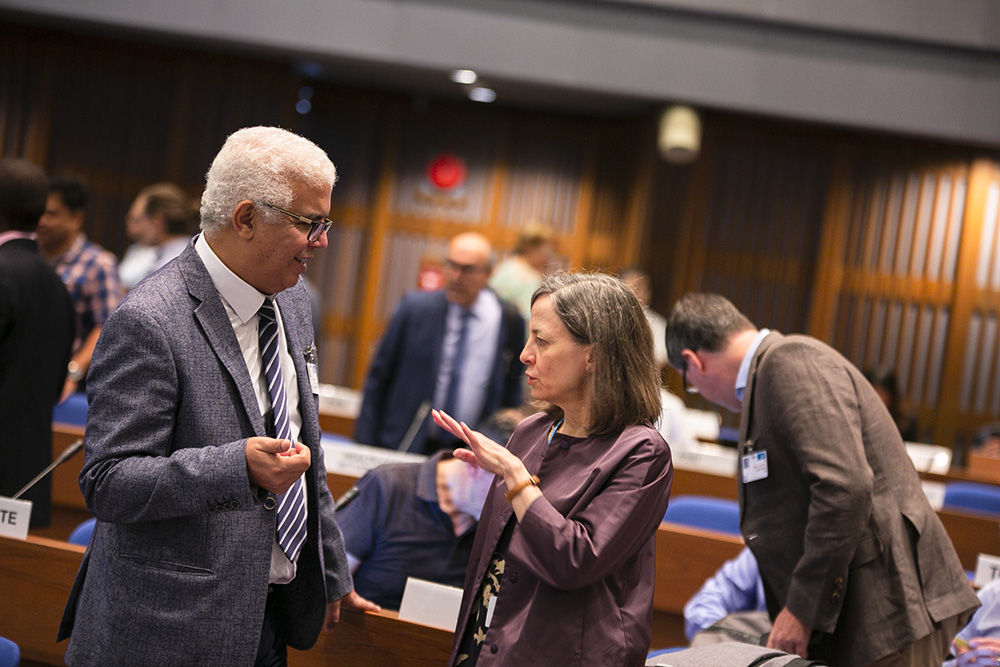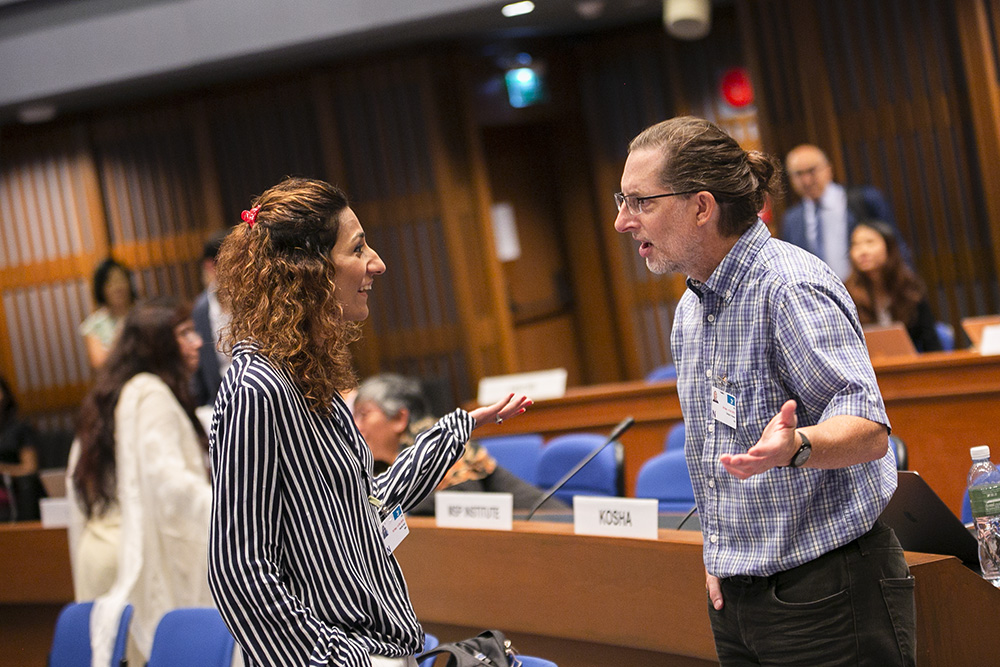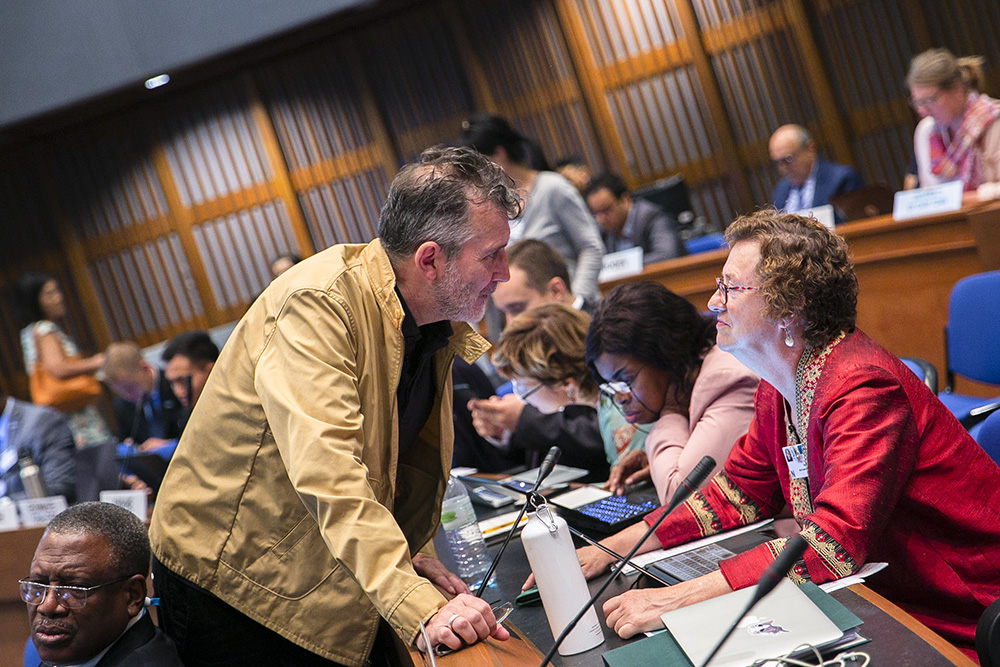Summary
Highlights for Tuesday, 1 October 2019
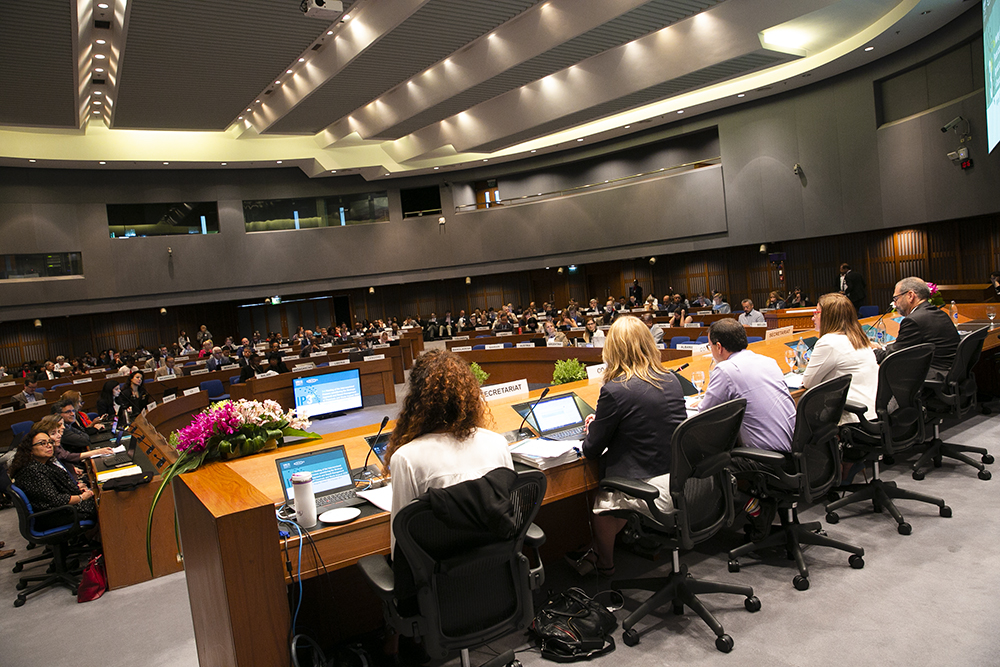
The Third Meeting of the Intersessional Process for Considering the Strategic Approach to International Chemicals Management (SAICM) and the Sound Management of Chemicals and Waste Beyond 2020 (IP3) opened at the UN Conference Centre (UNCC) in Bangkok, Thailand, on Tuesday, 1 October 2019. Delegates heard opening statements from Pralong Dumrongthai, Director-General, Pollution Control Department, Ministry of Natural Resources and Environment, Thailand, Gertrud Sahler (Germany), President of the fifth International Conference on Chemicals Management (ICCM5) and Tim Kasten, the incoming Officer-in-Charge of the SAICM Secretariat, all stressing the importance of IP3 to develop recommendations that can be finalized at IP4 in March 2020 and offered for ICCM5 decisions in October 2020.Following organizational matters, the meeting reviewed the various inputs introduced at this session regarding:
IP3 then organized four thematic groups designed to develop recommendations for ICCM5 on:
In the afternoon, two thematic groups commenced their work. The group on institutional arrangements discussed possible changes regarding the Bureau and Secretariat, as well as proposals to improve multi-sectoral and multi-stakeholder engagement. On the latter point, the group considered the need to develop a specific strategy for approval at ICCM5, with the group co-chairs committing to preparing proposals toward that end for consideration later in the week. The thematic group on implementation held an initial exchange of views on proposals outlined in the Co-Chairs’ text, as well as relevant background documents. The discussions addressed: definition and criteria for identifying issues of concern; modalities for adopting issues for concern and monitoring their progress; and options for strengthening the science-policy interface at the international level for the sound management of chemicals and waste.During lunch a sectoral meeting on health was held to discuss the sector's priorities in a post-2020 framework. In the evening a special session was held to discuss linkages between the biodiversity and chemicals/waste agendas, and how to turn these linkages into targets and indicators.Delegates arrived at IP3 ready to tackle a heavy agenda armed with a dizzying array of inputs, but conscious that much work remains and time is running out to finish numerous tasks before ICCM5 is held one year from now in Bonn. As one delegate noted, "The Co-Chairs outlined ambitious goals for IP3, we'll be lucky to achieve half of what they want." As ambitious as the IP3 agenda already was, it got more so when concerns from several delegates led to less plenary time Tuesday and more time granted for discussing implementation, governance and institutional arrangements, including proposals for a complementary enabling framework.
IISD Reporting Services, through its Earth Negotiations Bulletin (ENB) meeting coverage, provided daily web coverage and a summary and analysis report from IP3. The summary and analysis report is now available in HTML and PDF.
Photos by IISD/ENB | Sean Wu
For photo reprint permissions, please follow instructions at our Attribution Regulations for Meeting Photo Usage Page
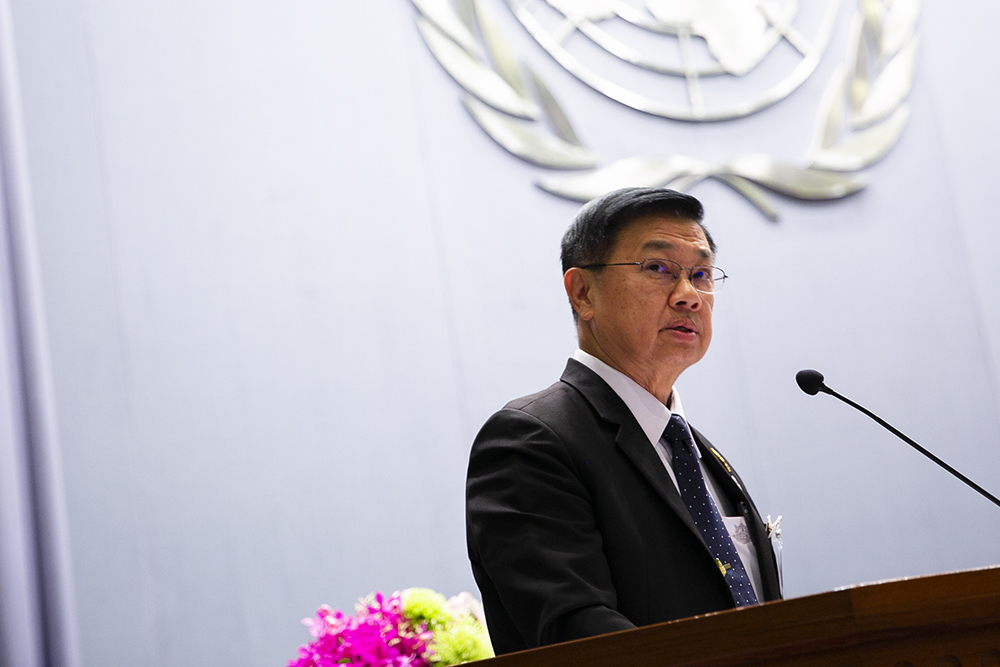
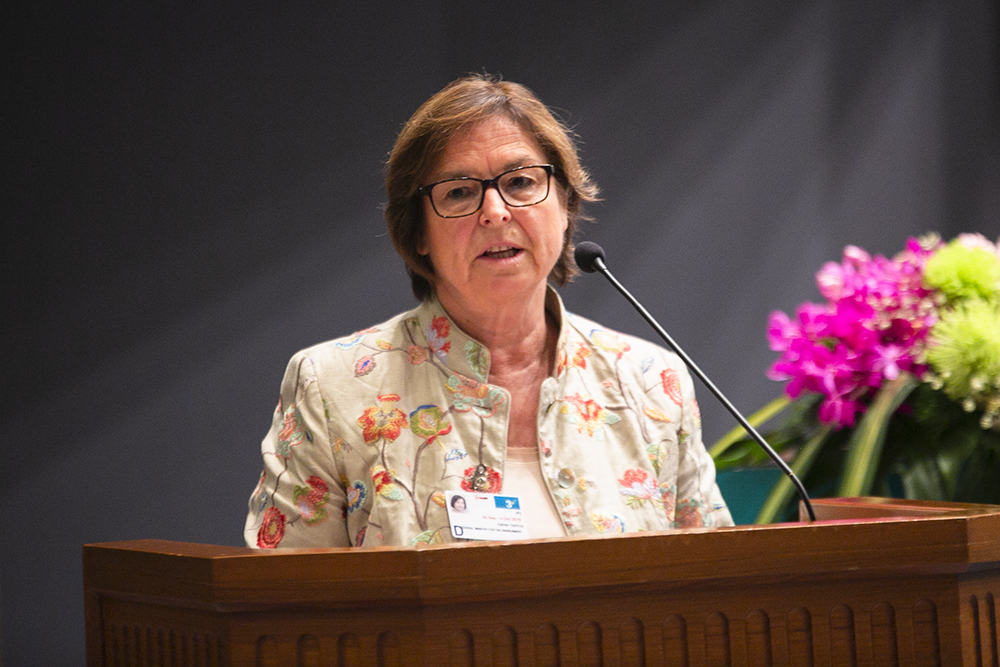
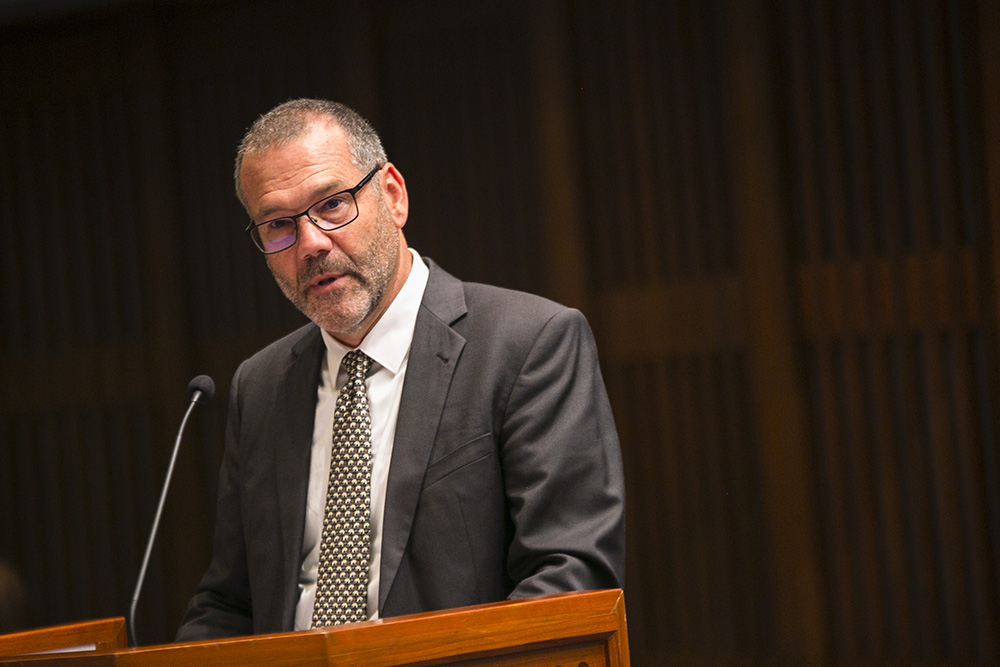
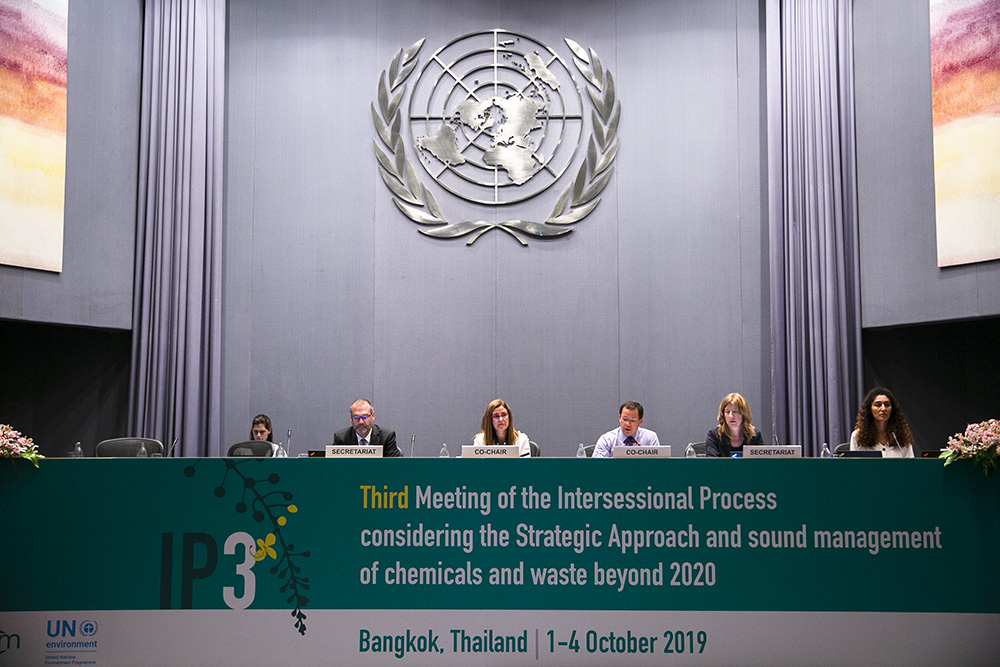
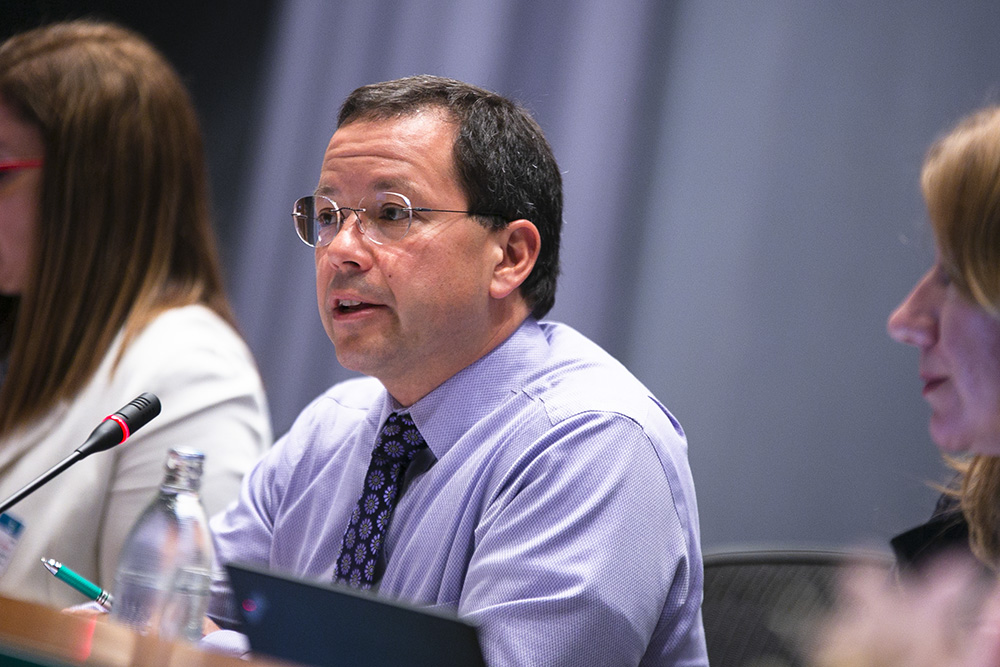
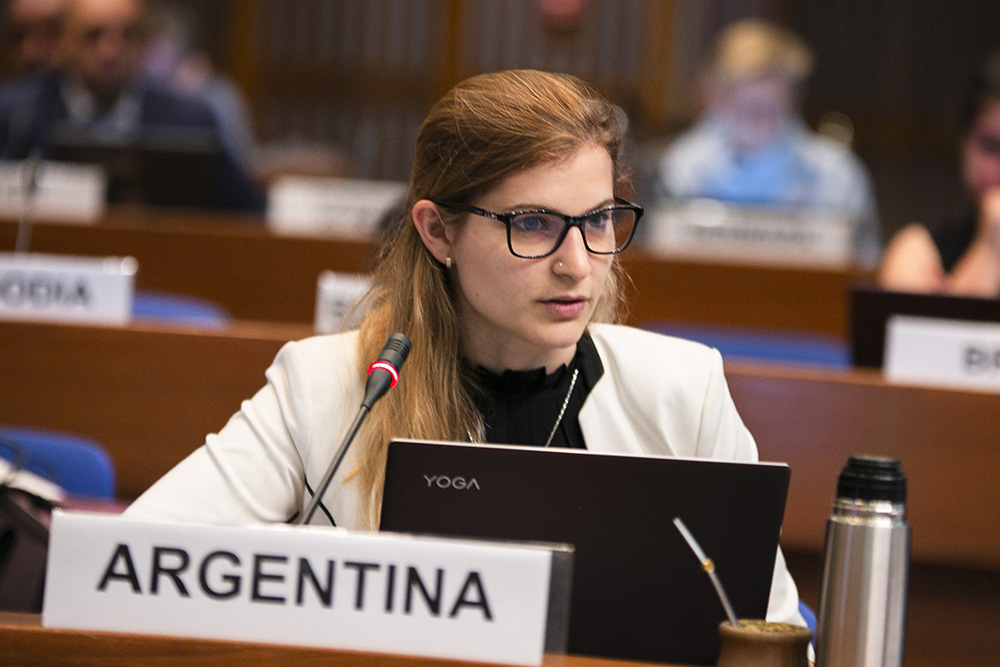
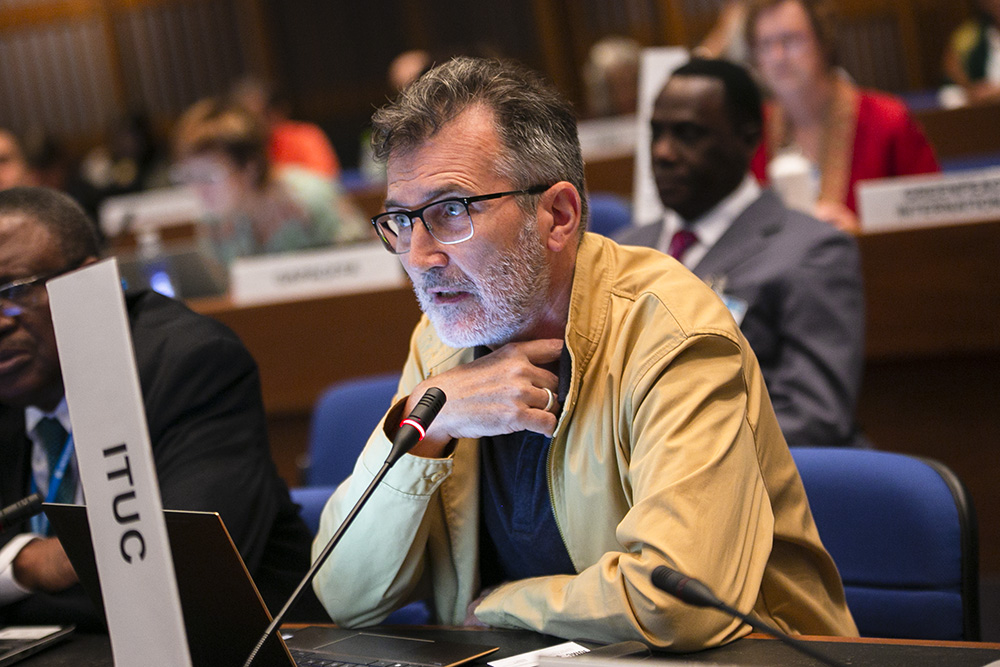
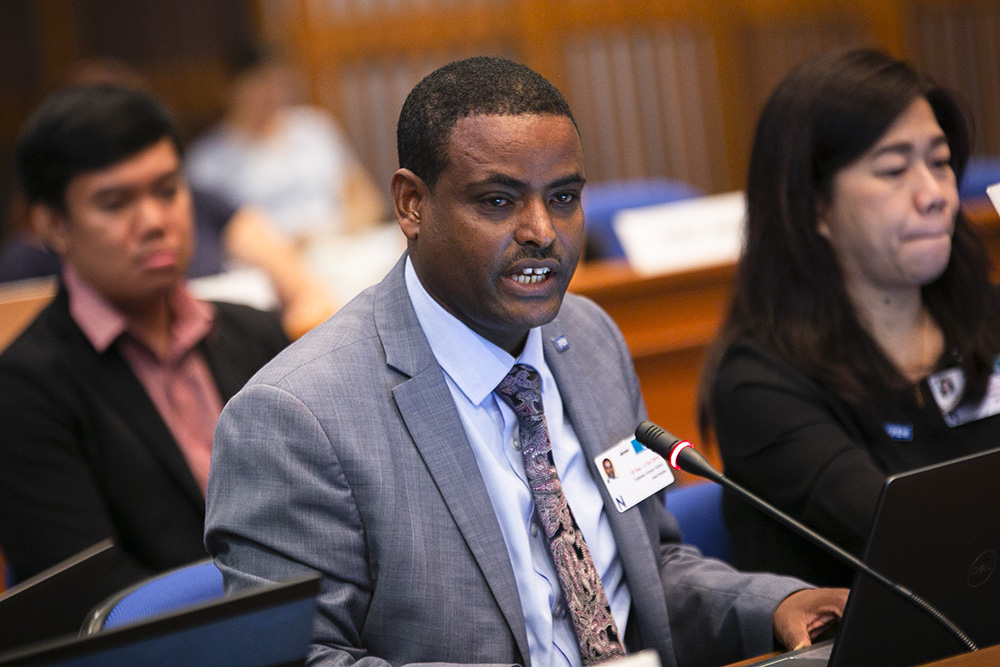
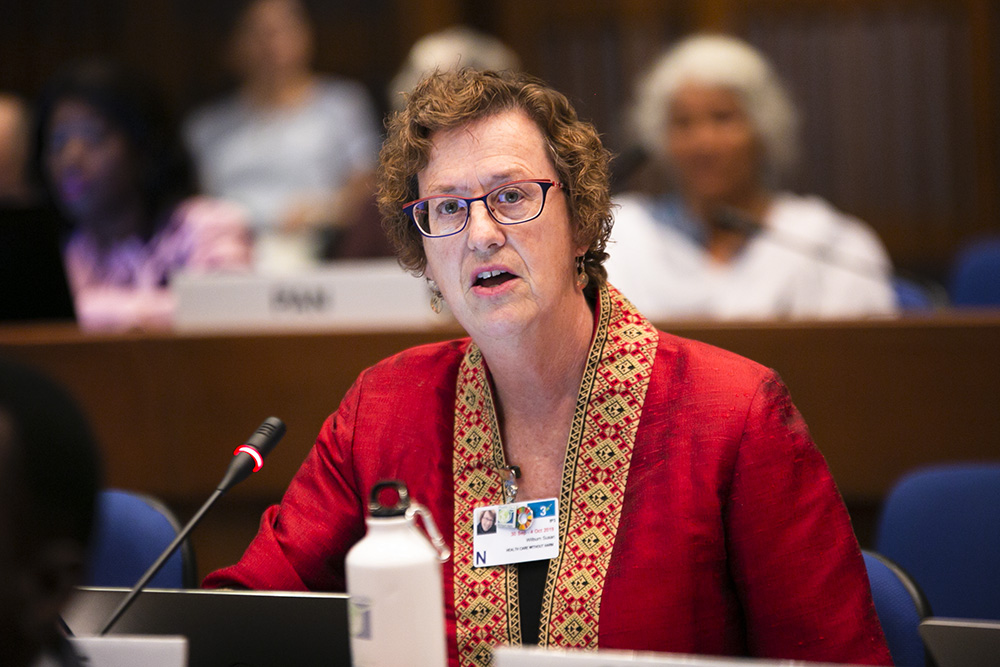

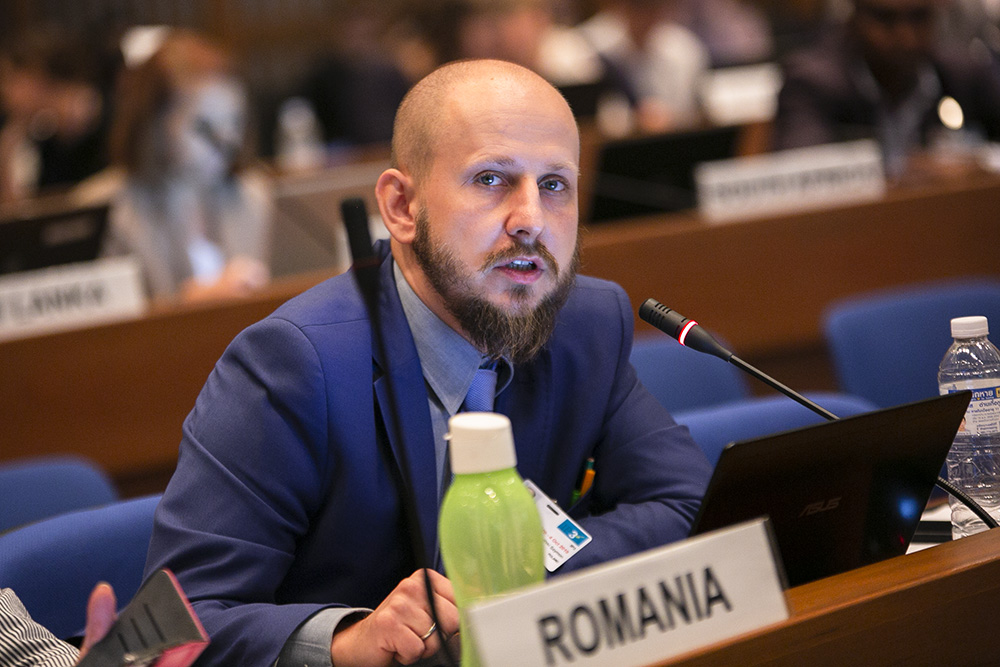
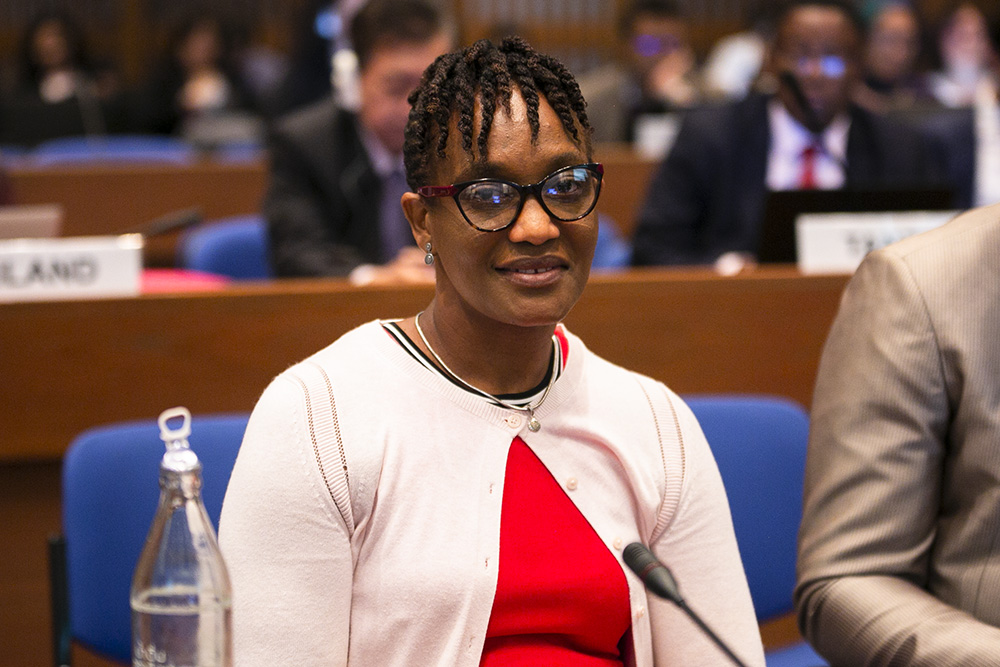
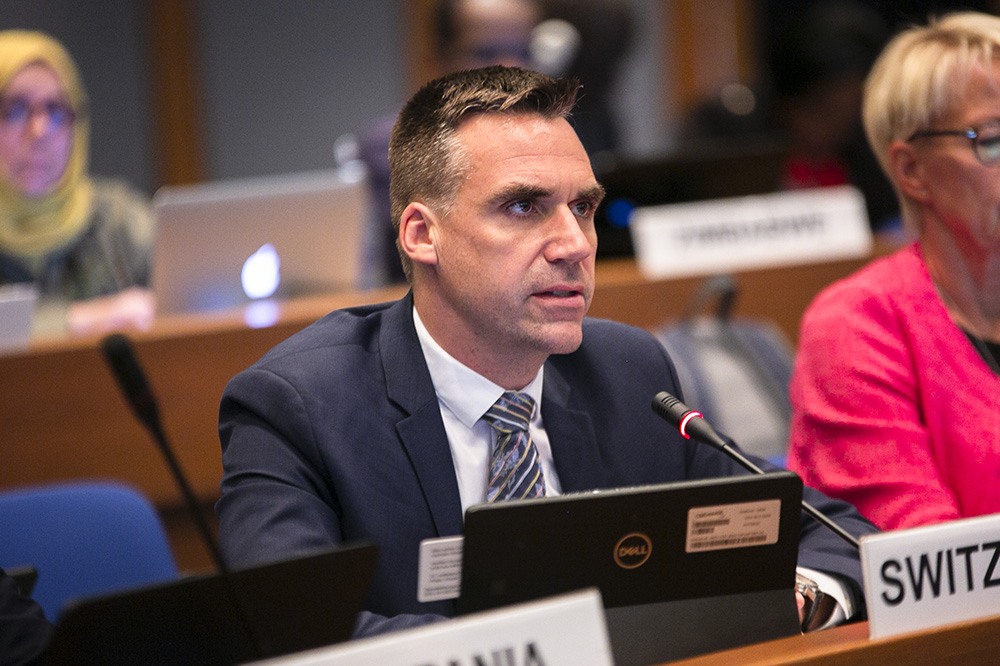
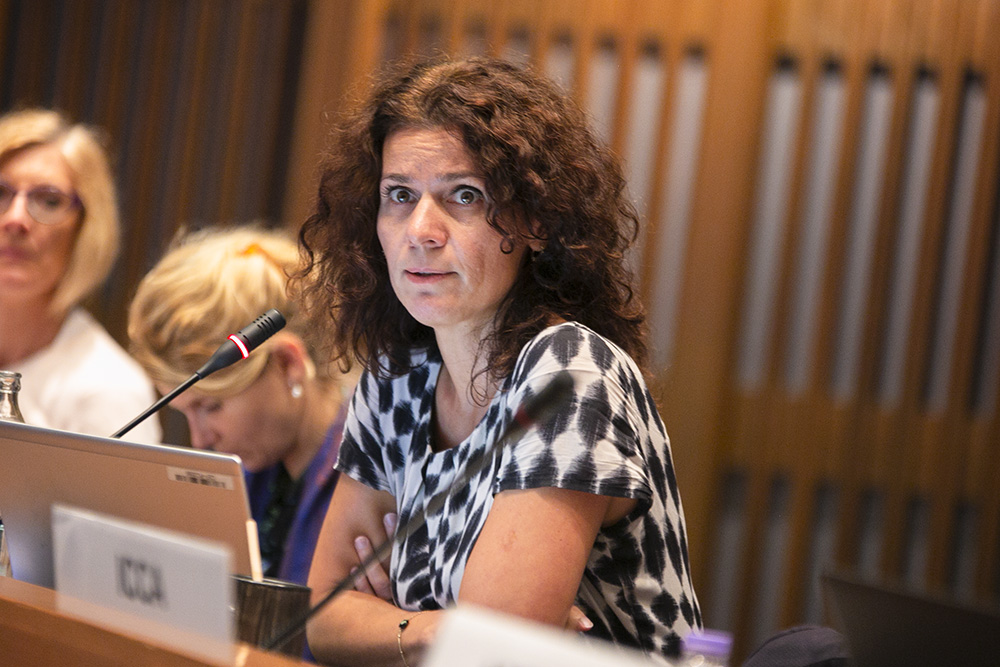
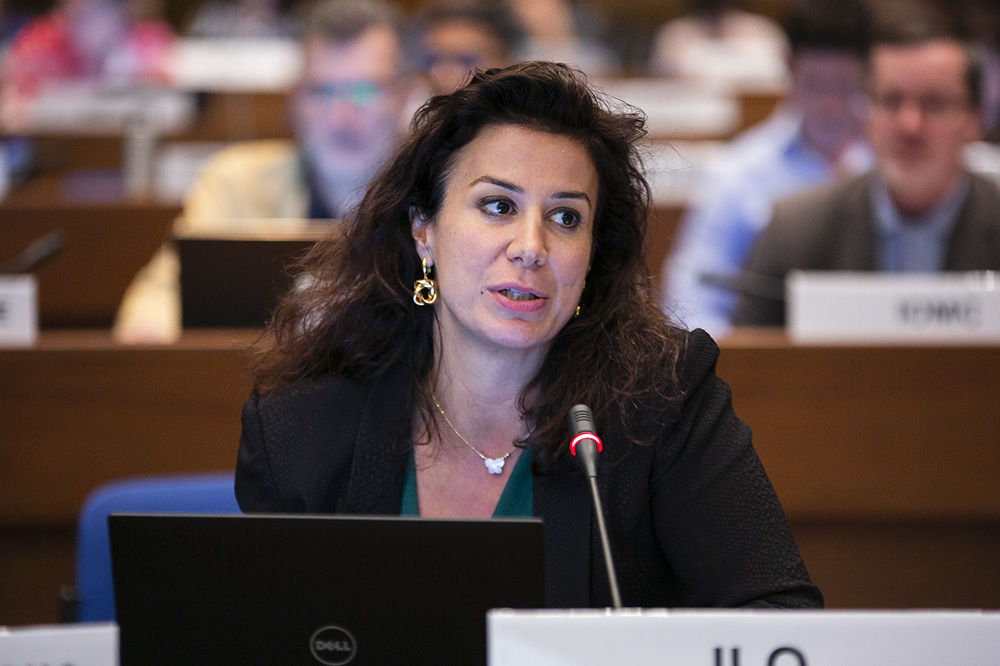
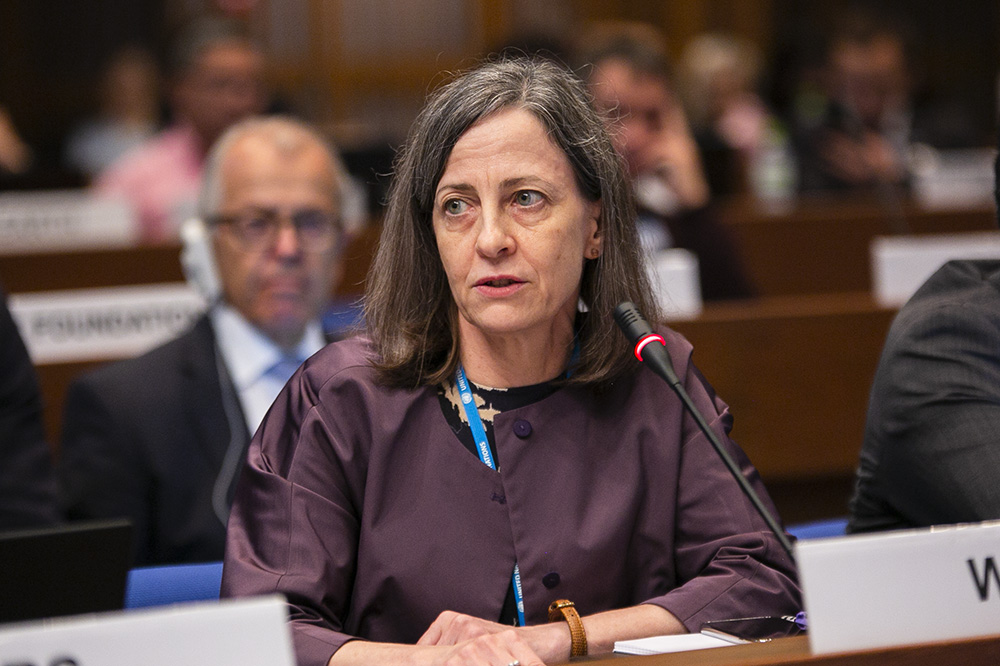
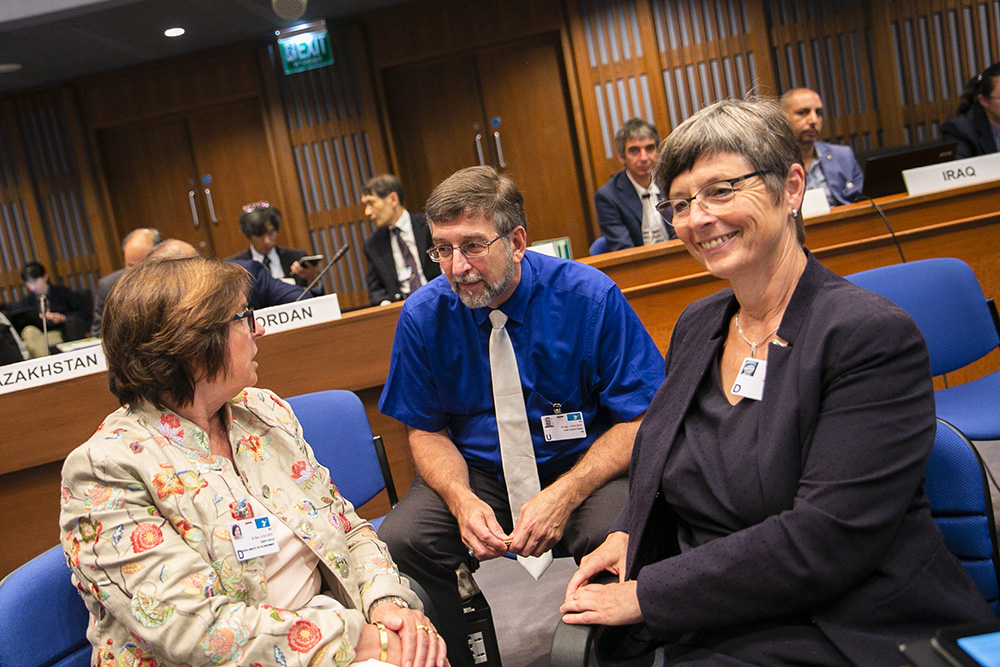
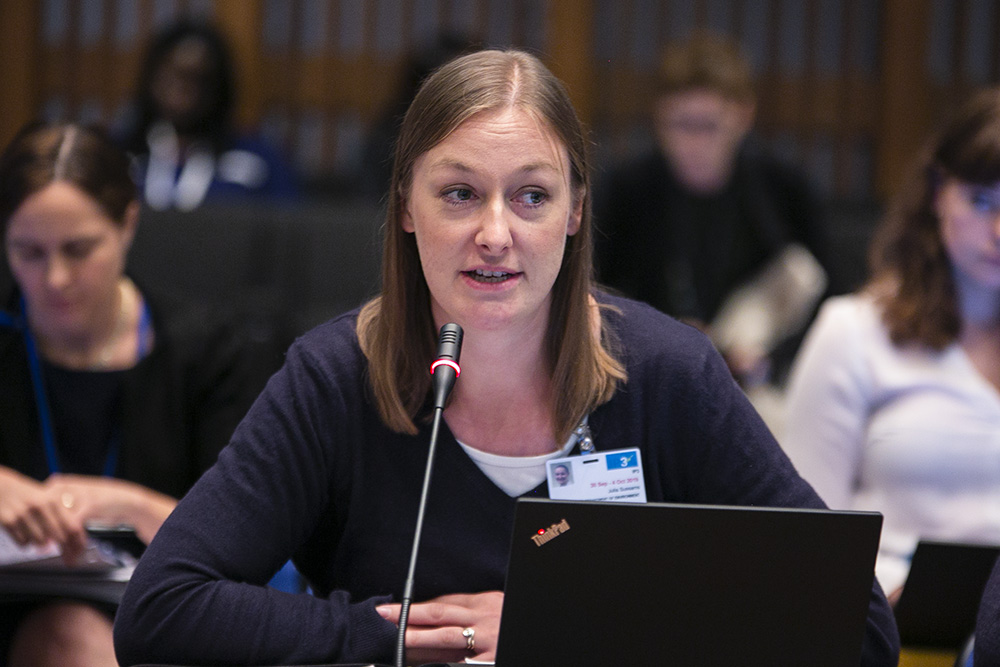
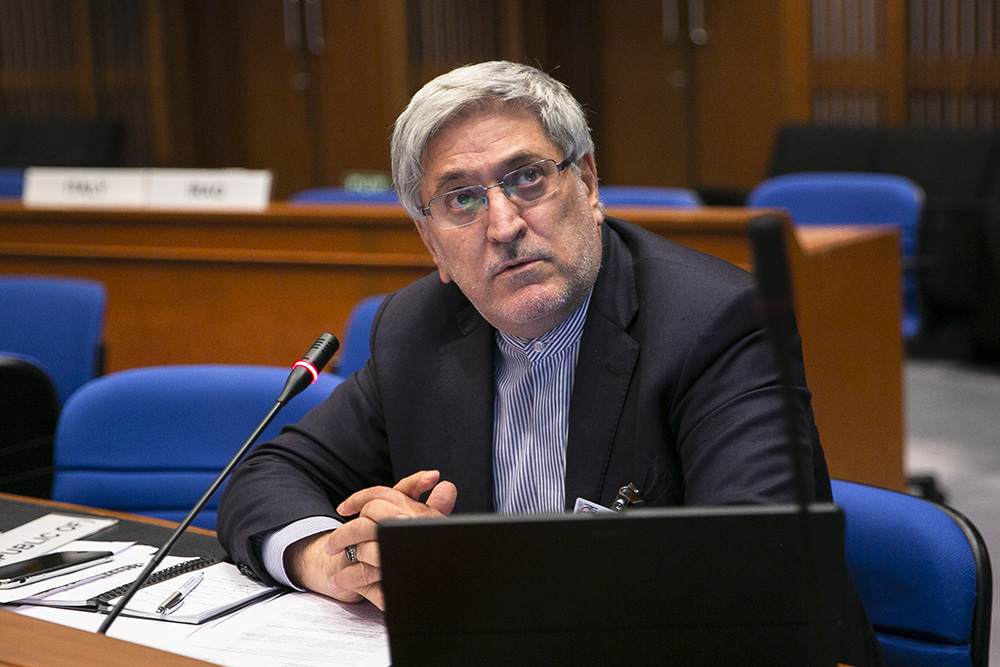
Thematic Discussion on Governance and Institutional Arrangements
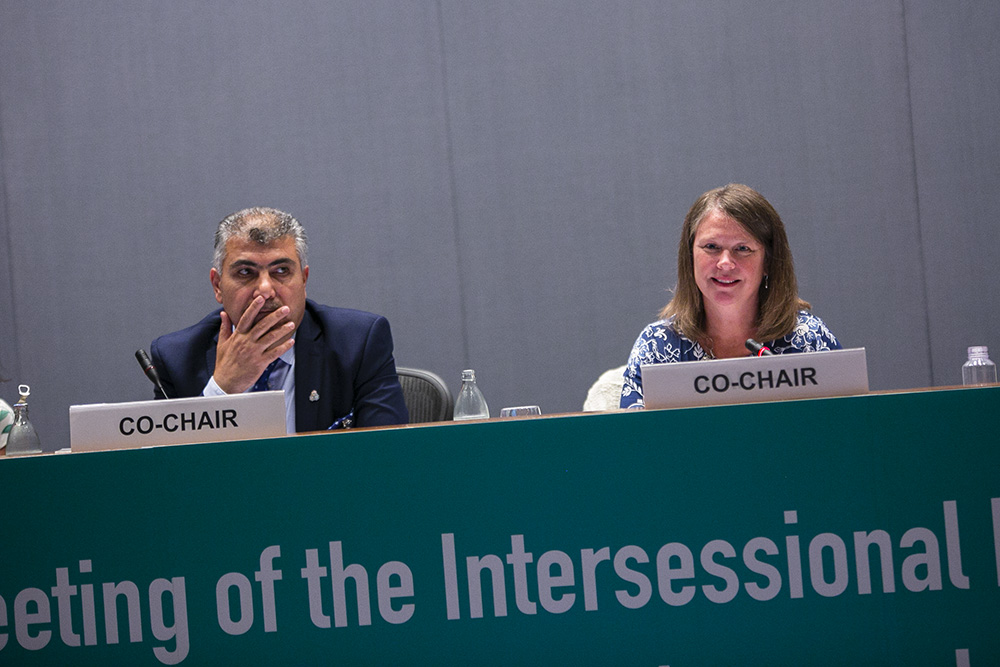
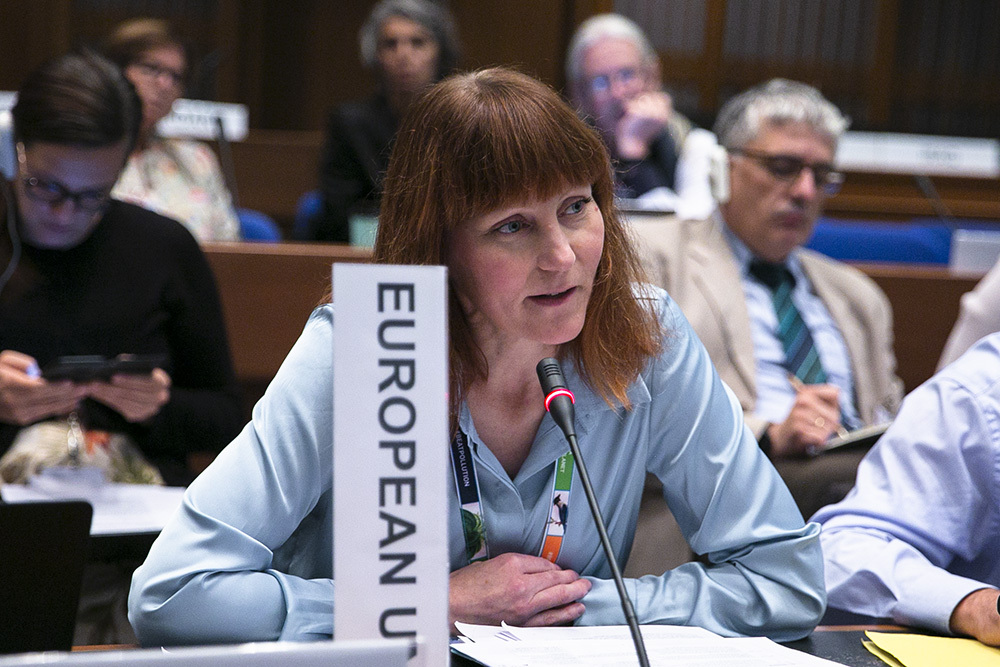
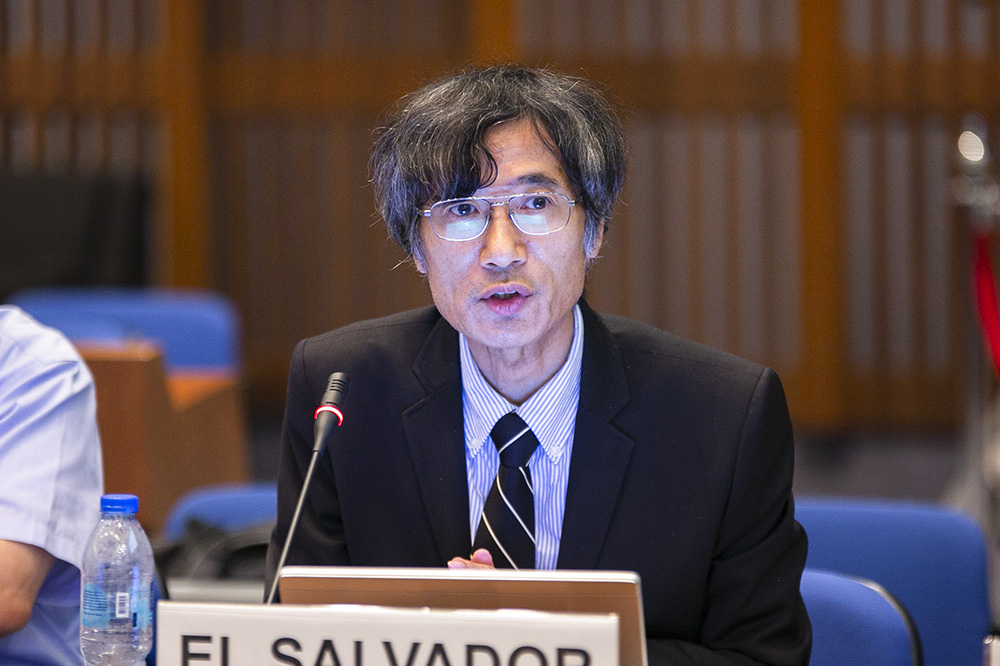
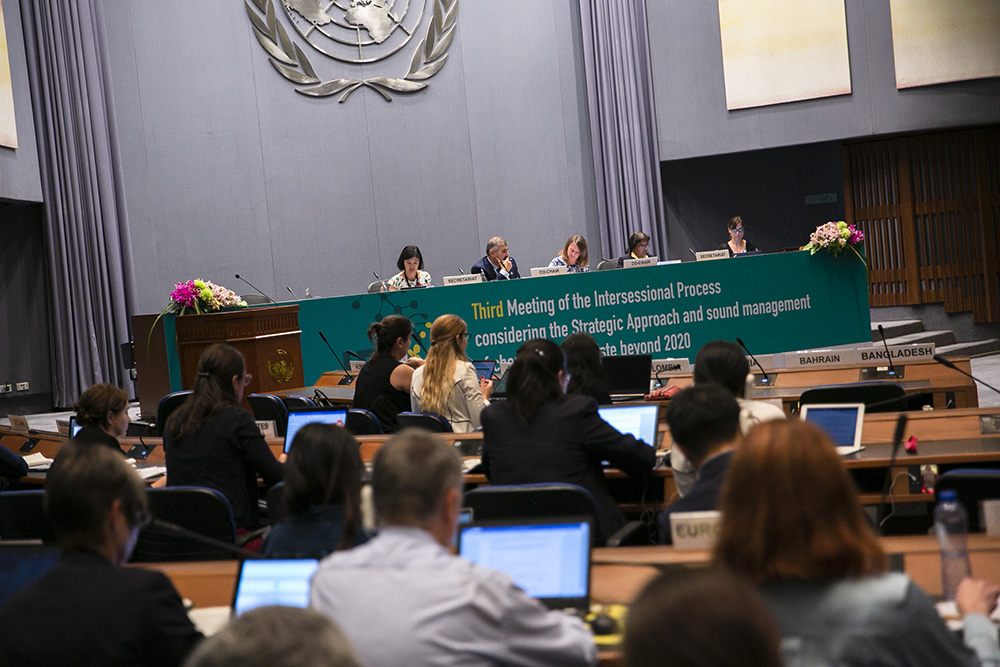
Thematic Discussion on Mechanisms to Support Implementation
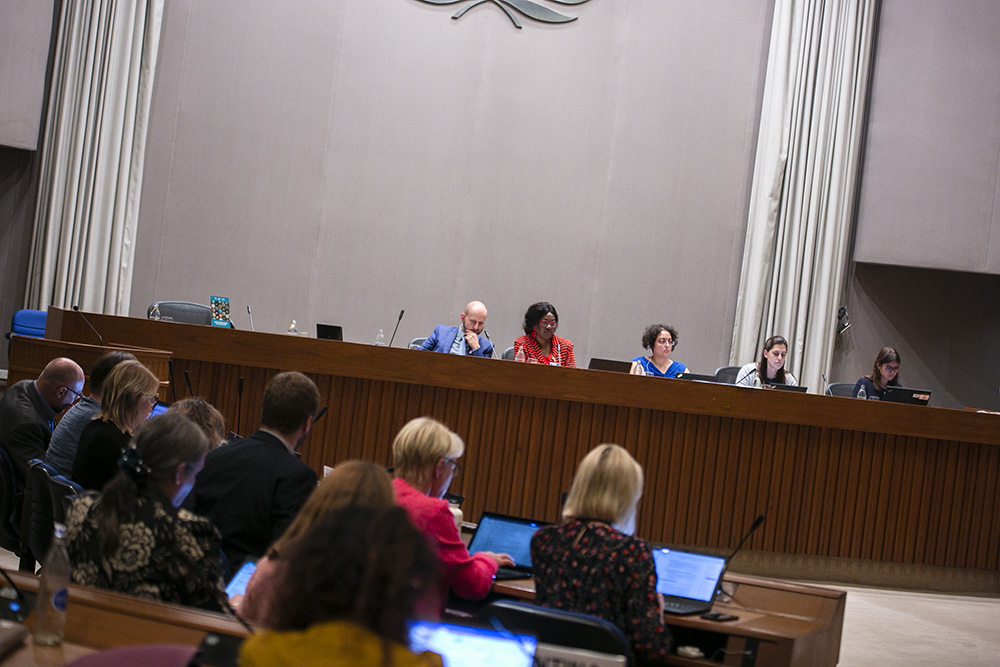
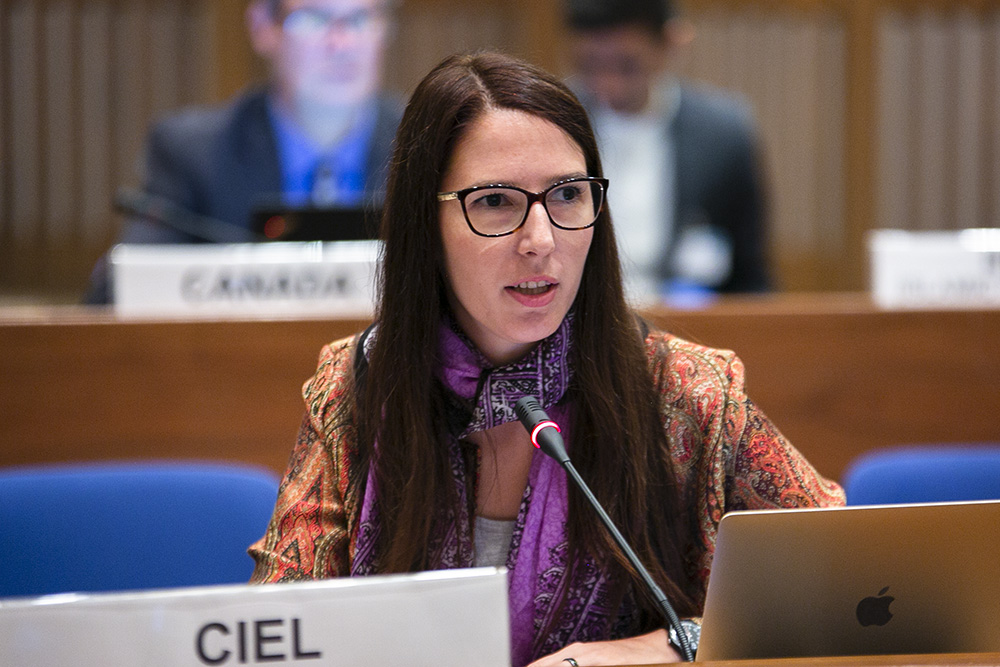
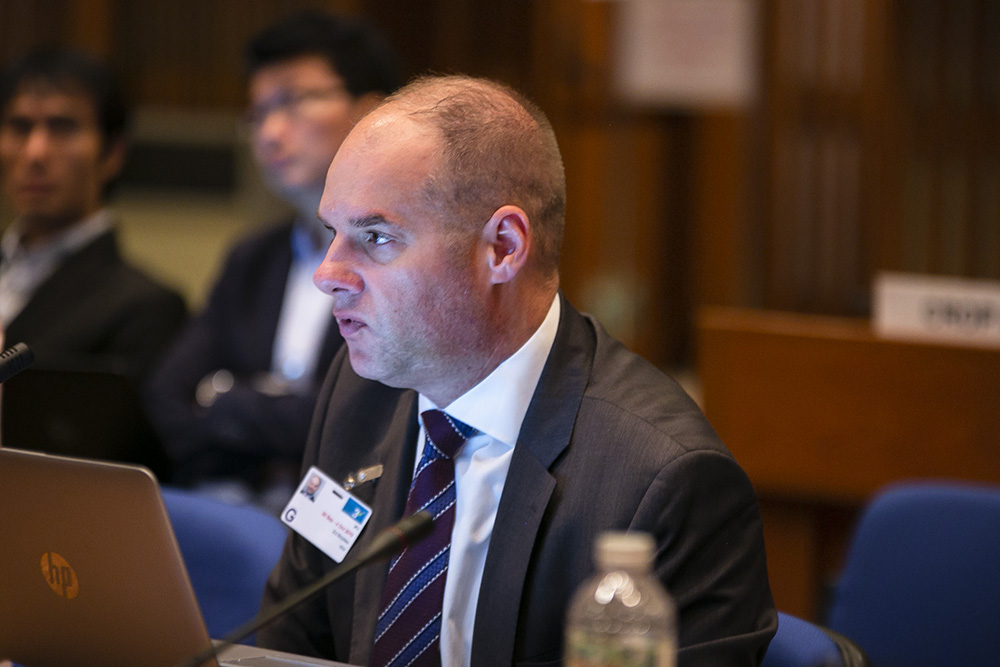
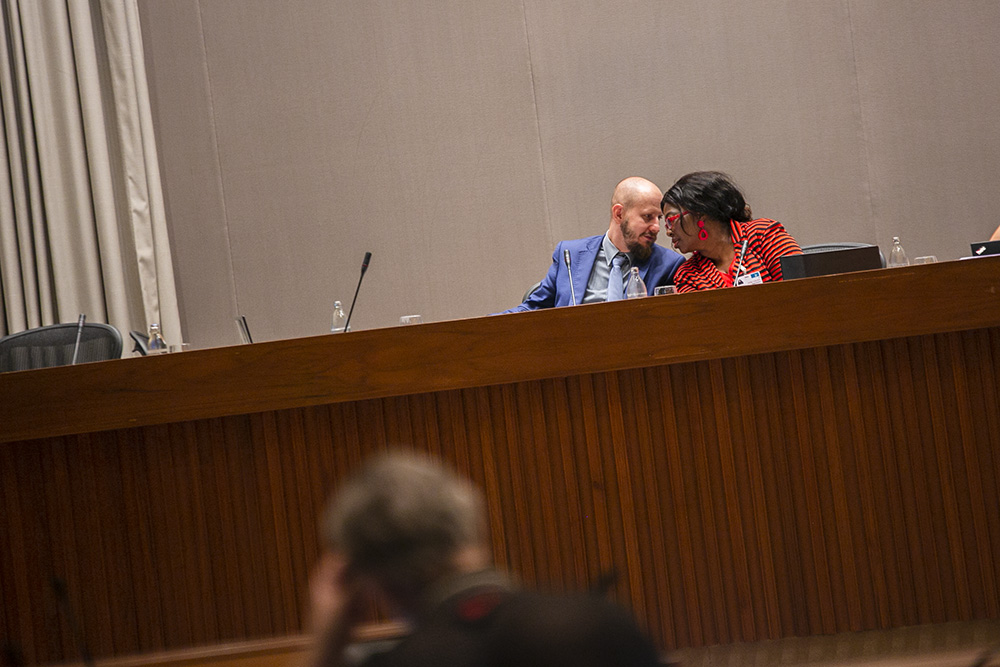

Around the Venue
